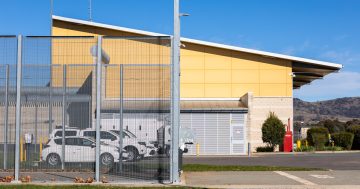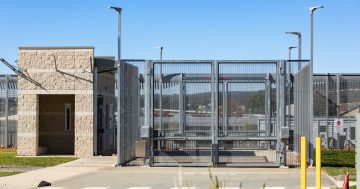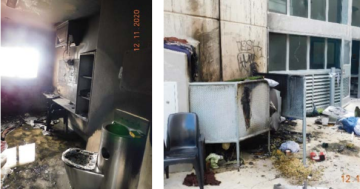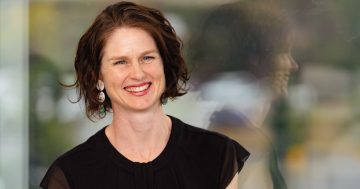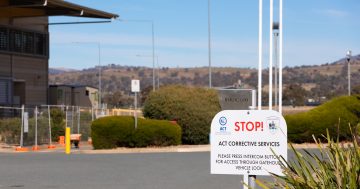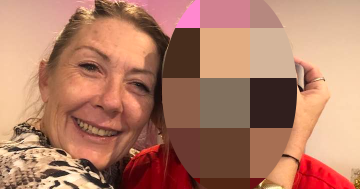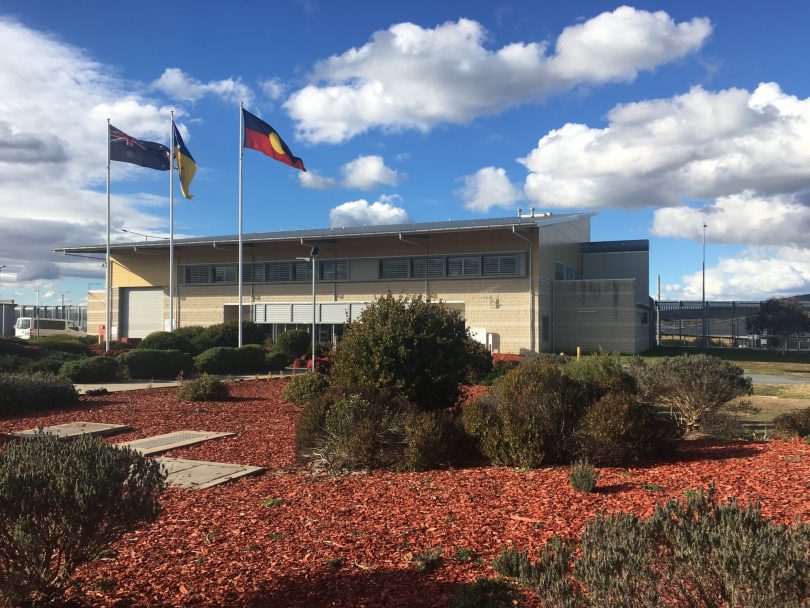
The Alexander Maconochie Centre: chronic boredom spells trouble. Photo: File.
The ACT’s prison is no longer able to cope with the rising number of detainees and conditions inside the wire continue to deteriorate, with boredom and lack of education and training opportunities chronic issues feeding unrest, a new report says.
The ACT Inspector of Correctional Services’ latest health check of the Alexander Maconochie Centre (AMC) paints a damning picture of an overcrowded facility where women detainees feel unsafe, Indigenous detainees are subject to harsher discipline and cut off from family and culture, and a lack of meaningful activity generally leads to outbreaks of violence.
The Healthy Prison Review is only the second report since the first in 2019 and says the past three years have been challenging.
The COVID-19 pandemic significantly impacted AMC operations with fewer staff due to illness, detainees spending more time in their cells and a reduction in programs and visits but it alone cannot account for the deteriorating situation.
Disturbances, vandalism and in-cell fires exacerbated accommodation pressures with a number of large units unusable at times, resulting in overcrowding in other areas of the AMC, management difficulties, and worse tensions between staff and detainees.
The reports says facilities have not kept pace with the growing detainee population, including the Hume Health Centre and the Visits Centre, built for about 255 detainees in mind when often more than 400 are now incarcerated.
“This presents unique challenges for the efficient and effective running of the centre, and places considerable strain on services and infrastructure,” the report says.
Its says the design of the AMC has reached its ‘use by date’ and cannot operate effectively as six, at times, overcrowded minimum, medium and maximum-security prisons on one small footprint accommodating sentenced men and women, remanded men and women, and protected men and women.
“No other prison in Australia has this combination of prisoner categories behind one fence,” it says.
The report criticises the AMC’s highly risk averse approach to managing detainees, with a large and somewhat illogical number (15-20) of detainee cohorts who are managed separately and restricted from mixing in most areas of the centre.
“This cohorting of detainees creates centre-wide inefficiencies and impacts the ability to deliver a structured day of programs, activities, education and gainful employment for detainees,” it says.
“It also impacts the scheduling of visits, access to the health centre, the number of unscheduled lock‑ins and increases the need for and number of detainee escorts by custodial staff within the centre.”

Damage caused by the riot at the Alexander Maconochie Centre in November 2020. Photo: Supplied.
But the boredom, lack of structured activities and reduced scope for rehabilitation has only gotten worse, the report says.
Of detainees surveyed, 79 per cent reported feeling bored due to a lack of meaningful activities, a huge increase on the 15 per cent reported in 2019.
A grave concern is the lack of an education provider for more than a year and no recommencement date in sight.
“The absence of education can have significant implications for detainees’ rehabilitation and future employment prospects. This matter must be addressed as a matter of urgency,” the report says.
Tertiary students are also unable to use the internet to access course material, do research or participate in tutorials.
There has been gross shortfall in programs over the past three years but a review is expected to deliver a new suite of programs in the coming months.
The report says there are also limited employment opportunities for detainees at the AMC.
The Transitional Release Centre, which is intended to provide individualised support for reintegration into the community, is only operating at 20 per cent of its 20-bed capacity after being closed for 11 months due to COVID-19, and is only available to male detainees.
Aboriginal and Torres Strait Islander detainees are overrepresented in higher security classifications, uses of force, strip searches and as subjects of segregation orders, and feel their cultural and health needs are not being met.
“Not being able to see family, attend Sorry Business, or practice cultural responsibilities causes significant harm for Aboriginal and Torres Strait Islander people and compounds dislocation from community,” the report says.
“Disconnection from culture/family also increases the difficulty in re-engaging with community upon release.”
Aboriginal community controlled health service Winnunga Nimmityjah is making a difference at the AMC providing primary care but only about 30 per cent of Aboriginal and Torres Strait Islander detainees are able to access this service at any one time.
There is also a pressing need to improve relationships between Winnunga and Justice Health.
Women reported that they feel unsafe and vulnerable, and both detainees and staff say additional cell block style accommodation was needed so women detainees can be managed appropriately including protection, segregation or intensive support in a gender responsive way.
The report makes 29 recommendations including expanding the health centre and other facilities, increasing women’s accommodation, exploring the feasibility of a multi-purpose industries building, and creating a senior Aboriginal-identified position to find ways to reduce the disadvantages of Aboriginal and Torres Strait Islander detainees.















